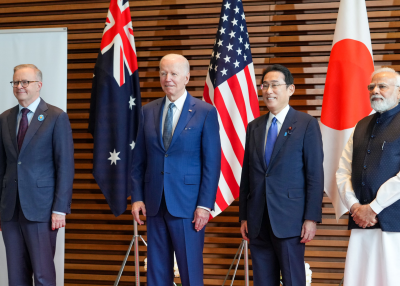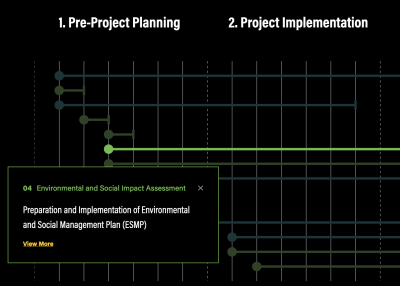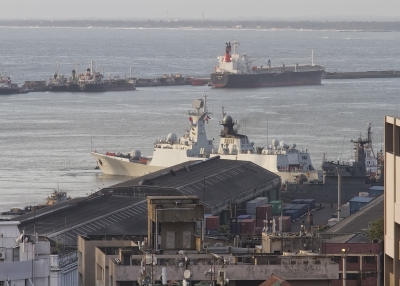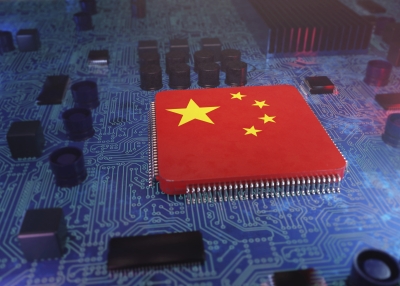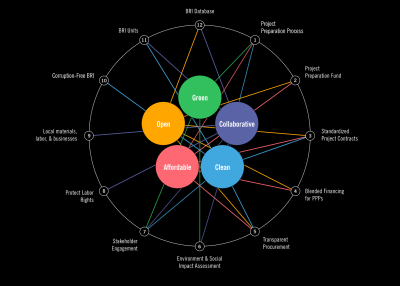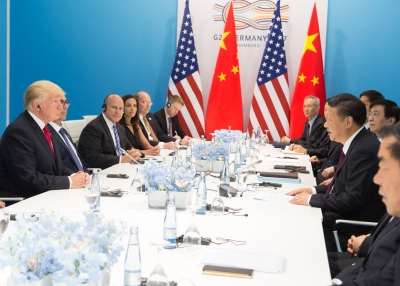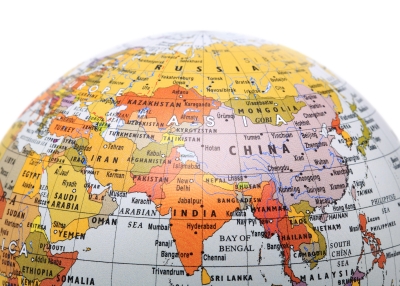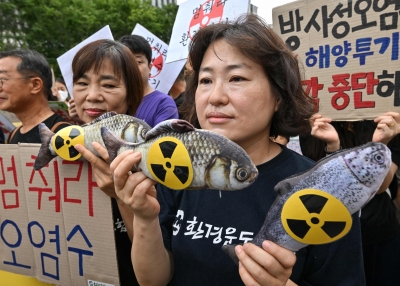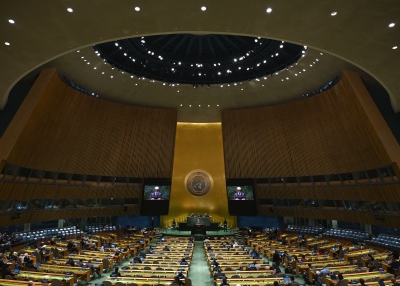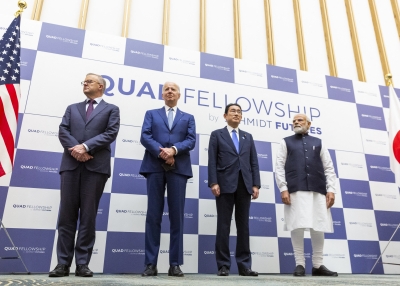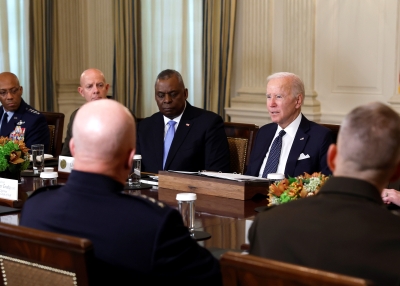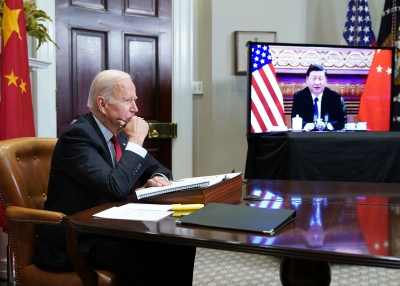
Social movements, political transitions, and international and intra-state conflicts will create security challenges in Asia for the foreseeable future. ASPI's work aims to generate ideas to address these challenges. To do this, we convene informal dialogues among regional actors that help create trust and mutual understanding, and we organize task forces to recommend solutions that are designed to bridge differences between competing interests and opposing viewpoints.
Featured Initiatives
Reports
Related Commentary
-
paperEmma Whitmyer explores South Korea's National Assembly elections and what it means for the country.
-
articleFarwa Aamer and Blake Berger explore China's BRI investments amid political transitions.
-
reportDaria Kurushina explores Japan-ROK-China relations after the Fukushima wastewater release.
-
paperFarwa Aamer unravels Pakistan's post-election maze, such as the evolving power dynamics amidst allegations of vote rigging, and explores Pakistan's economic, political, and diplomatic challenges as she sheds light on the path ahead.
-
paperLyle Morris unpacks what Taiwan's recent elections mean for the people of Taiwan, Taiwan-Mainland China affairs, and Taiwan-U.S. relations.
-
On the sidelines of the Asia Spotlight: 2024 conference, the Asia Society Policy Institute convened a private roundtable of experts from Asia and the United States to discuss cross–Taiwan Strait relations in a regional context.
-
paperRishi Gupta analyzes the impact of the Bhutan election on the country and the region.
-
paperFarwa Aamer analyzes the outcome of the Bangladesh election and its implications.
-
articleEmma Whitmyer writes in East Asia Forum about the likely reasons behind North Korea's decision to close many of its foreign diplomatic missions in 2023.
-
paperFarwa Aamer recaps the major implications from the 78th United Nations General Assembly for South Asia.

